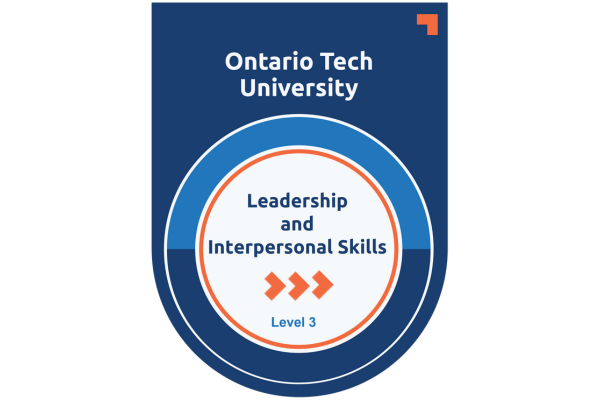
The long-term benefits of purposeful leadership: Beyond profitability
By: Sheldon Kawarsky (Continuous Learning Instructor)
For decades, the focus of leadership has been squarely centered on hitting quarterly numbers and maximizing short-term profits. While those metrics are still important, many forward-thinking organizations have started recognizing the value that comes from something more meaningful—the notion of cultivating a more profound sense of purpose.
Driven by mission and values rather than just monetary goals, purposeful leadership seeks to build not only a successful business but a community that positively impacts lives. By tapping into the intrinsic motivation of purpose and aligning the work people do with the difference they want to make, companies are discovering that cultivating purpose-driven leadership provides benefits that extend far beyond financial statements.
What is purposeful leadership?
Purposeful leadership is a style of leadership that revolves around clarity of purpose. It is about having a clear vision of an organization’s mission, goals, and values and then communicating those to the team members to inspire them to work towards the same goal.
Purposeful leaders are focused and decisive in their decision-making, knowing that each choice can significantly impact the organization. They understand that people are the key to any successful enterprise, and they use their emotional intelligence to motivate, empower, and develop their teams.
Key long-term benefits of purposeful leadership
There are many benefits for purposeful leadership, such as:
-
A legacy of positive impact and inspiration
Purposeful leadership creates a legacy of positive impact within an organization by inspiring others within it. Leaders who demonstrate integrity, fairness, and respect earn respect from those around them.
-
Attraction and retention of top talent
Organizations with purposeful leadership are more likely to attract top talent due to their commitment to developing employees’ skillsets while also providing them with meaningful work experiences that align with their career goals and values.
-
Enhanced employee engagement and motivation
When leaders have a clear vision for the organization’s future, they can communicate this vision to employees and use it as a guide for decision-making.
-
Enhanced innovation and creative problem-solving
Purpose-driven leaders create an environment where creative problem solving is encouraged, allowing teams to come up with new ideas for products or services that can give them an edge over competitors in their industry.
-
Enhanced stakeholder trust and confidence
Stakeholders play an important role in any successful organization, so it is important for leaders to foster strong relationships with stakeholders such as shareholders, partners, customers, and suppliers.
-
Improved decision-making and strategic direction
Effective, purposeful leadership requires leaders to think strategically about the organization’s long-term goals. Leaders must be able to assess current situations, identify potential risks or opportunities, and develop strategies that will move the organization toward its desired future state.
-
Increased organizational resilience and adaptability
Leaders who anticipate changes in their industry or market conditions can develop strategies that allow them to adapt quickly without sacrificing long-term goals or objectives.
-
Long-term financial sustainability and growth
By focusing on strategic investments, cost reduction initiatives, and capitalizing on new revenue streams, purposeful leaders ensure that organizations have enough resources available now while also preparing them for future success.
-
Stronger community engagement and social impact
Purposeful leaders understand the importance of giving back through community engagement initiatives. These activities not only provide tangible benefits for communities but also promote social responsibility among businesses.
-
Stronger customer relationships and brand reputation
A leader’s ability to make decisions based on customer feedback and focus on customer satisfaction will help build trust between the company and its customers.
Exploring the benefits of Continuous Learning
Continuous Learning offers an ideal course for enhancing employee engagement, fostering organizational innovation, and promoting employee development. The Coaching, Mentoring, and Networking course course is designed for professionals seeking to implement effective mentoring and coaching tools in their workplace. Participants will gain practical strategies to build strong professional networks and create a dynamic, supportive work environment. Whether you are a manager, team leader, or aspiring mentor, this course provides the knowledge and techniques needed to drive positive change and growth in your organization.
Kawarsky, Sheldon. “The Long-Term Benefits Of Purposeful Leadership: Beyond Profitability”, The Soft Skills Group, 3 Jan. 2024,https://www.tssg.ca/benefits-of-purposeful-leadership/









